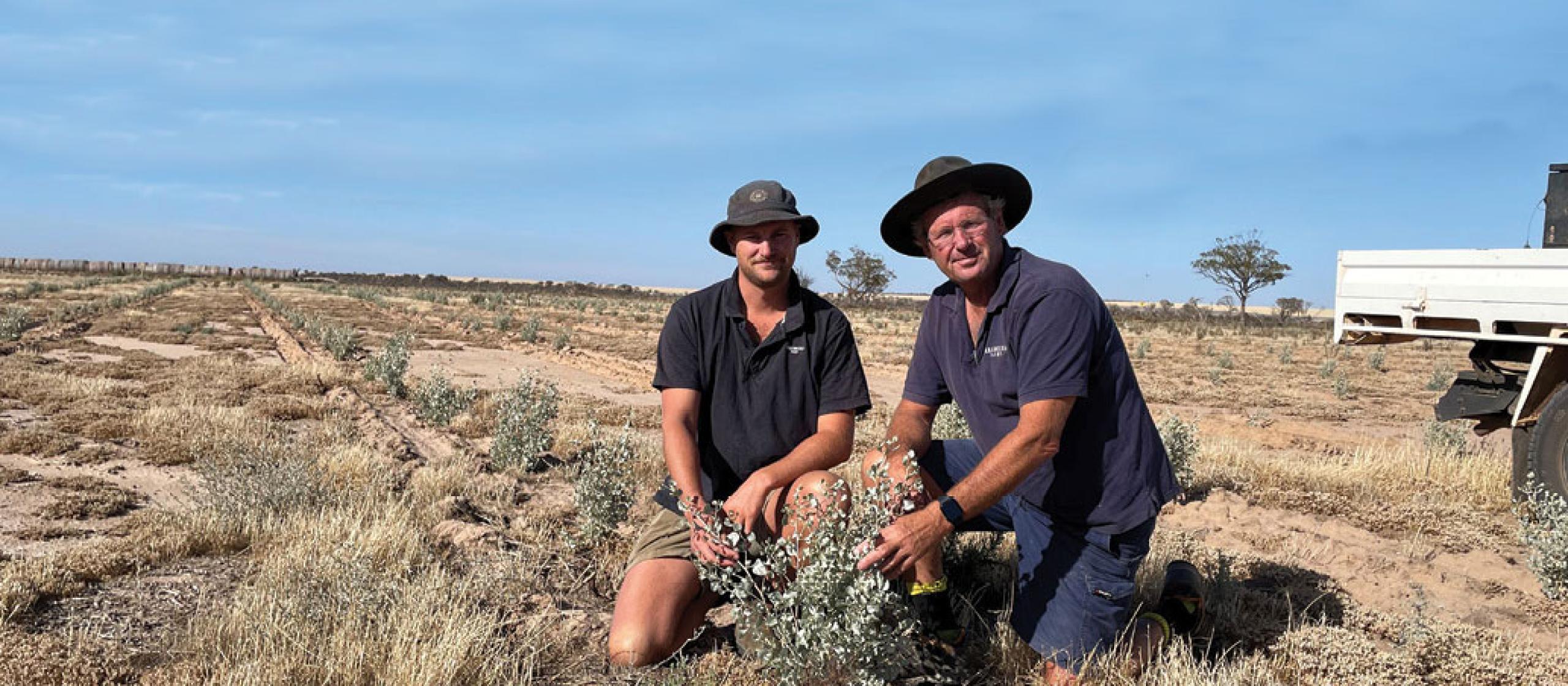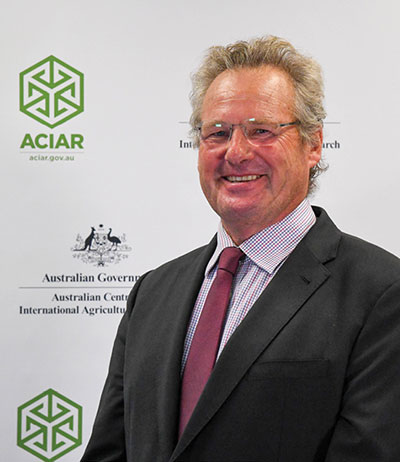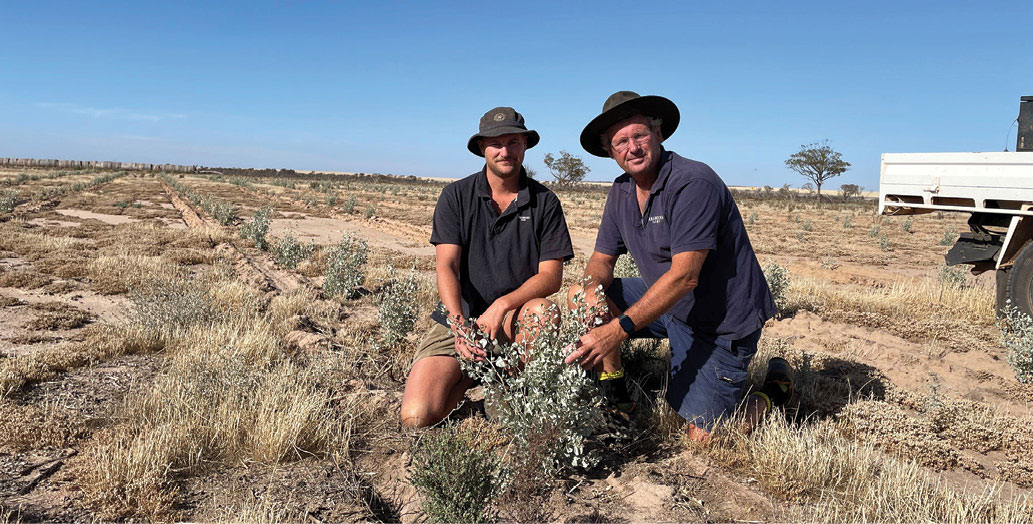- HomeHome
-
About ACIAR
- Our work
- Our people
-
Corporate information
- ACIAR Audit Committee
- Commission for International Agricultural Research
- Policy Advisory Council
- Agency reviews
- Executive remuneration disclosure
- Freedom of information (FOI)
- Gifts and benefits register
- Information publication scheme
- List of new agency files
- Contracts
- Legal services expenditure
- Privacy impact assessment register
- Commonwealth Child Safe Framework
- Benefits to Australia
- Careers
- 40 years of ACIAR
-
What we do
- Programs
- Cross-cutting areas
- Resources
- Where we work
-
Funding
- Research projects
- Fellowships
-
Scholarships
- John Allwright FellowshipScholarships to study in Australia for ACIAR partner country scientists to have Australian postgraduate qualifications
- ACIAR Pacific Agriculture Scholarships and Support and Climate Resilience Program
- Alumni Research Support Facility
- Publications
- News and Outreach
Date released
26 March 2021
When it comes to research and development (R&D), Tony York is a true believer.
‘As a farmer, I’m a practical demonstration of how an efficient farming business operates in Australia and all the benefits to be gained from trusting and investing in R&D,’ says Mr York.
‘My trust and belief in the benefits of good R&D for grassroots farmers is based on a long history of being engaged in R&D, particularly for growing perennial pastures on dry, saline soils.’
This ‘history’ includes hosting pastures research by the CSIRO, The University of Western Australia, and the Western Australia Department of Primary Industries and Regional Development on his farm
Mr York is a third-generation farmer near the central wheatbelt town of Tammin in Western Australia, where his family farms more than 10,000 arable hectares of wheat, barley, canola, various legumes, a Merino-based sheep flock of 5,000 head and 4,000 hectares of salt-affected land.
He is also a new commissioner on Australia’s Commission for International Agricultural Research. The Commission provides expert, strategic advice to the Australian Minister for Foreign Affairs, Senator the Hon. Marise Payne, on priorities for Australia’s international agricultural research program—particularly the work of ACIAR.
‘I’m a product of what can be achieved with R&D,’ says Mr York. ‘As a commissioner I hope to demonstrate that and encourage other farmers to participate in R&D so they benefit, too. I believe Australian farmers don’t realise how unique our R&D expertise is and that the process can be shared with many others in the regions without being a trade threat; in fact, it’s likely to enhance our opportunities.’
Like those farmers in low-resource settings who benefit from the work of ACIAR partners, Mr York is no stranger to growing food in a difficult environment. He describes farming at Tammin—noted for its saline soil and low rainfall (275–300mm annually)—as ‘agriculture in the margins’.
Nor is he a stranger to the impacts of climate change on food production. Tammin is 180kms east of Perth in south-west Western Australia: a recognised hot spot for climate change. The net productive capacity of Mr York’s land has declined in the past 30 years due to a 10% drop in winter rainfall and a rise in temperature. Both are directly linked to the changing climate.
Greenhouse gas emissions (GHGs) are a major cause of climate change. Agriculture is the source of 14% of total GHGs globally. So, as the world looks to grow 70% more food by 2050 without growing GHGs, Mr York sees R&D playing a key role in farmers meeting this challenge.
‘We definitely need to reduce our greenhouse gas emissions. I know that from first-hand experience. Yet, in dealing with climate change we need to keep things in perspective,’ says Mr York. ‘We’re not the only sector contributing to the problem; however, we need to do our bit.
‘For farmers, on one hand this means continuing to be more efficient. It means using proven R&D to improve our carbon efficiency, improve our energy efficiency and improve our productivity. Generally, these all come together to achieve mostly the same result: reduced emissions.
‘On the other side of things, we do our bit by getting involved in carbon sequestration. We can make a positive contribution by sequestering carbon in pastures, trees and soils.’
Mr York is on the board of the body representing Australian farmers, the National Farmers’ Federation (NFF). The NFF wants a target of net zero carbon by 2050 for the Australian economy.
Every farmer worldwide stands to benefit from a reduction in GHGs, Mr York says.
I’m a product of what can be achieved with R&D. As a commissioner I hope to demonstrate that and encourage other farmers to participate in R&D so they benefit, too.
Tony York
‘I’m a dryland farmer. I depend on the climate. The biggest unknown for me is the uncertainty of the climate and the weather. I want a more predictable, less volatile climate. A more predictable climate enables me to make more decisions with more confidence.
‘Globally, of course, we all have to be reducing GHGs. When we have a more reliable, more predictable climate and weather it means every farmer around the world can become more efficient and more selective about what they do and what they’re best at doing in their environment, and we can be more confident about our farming systems.’
As Mr York sees it, the biggest challenge for ACIAR is helping farmers in the nations with which ACIAR partners adapt their production systems to resist the impacts of climate change.
‘Some of the regions where ACIAR and its partners operate, such as the Pacific island states, are not really contributing much, if anything, to the problem (of climate change),’ Mr York says. ‘Their priority will be adaptation. We’re going to have to help them work out how they can adapt.’
Key points
- As a farmer himself, Tony York of Australia’s Commission for International Agricultural Research says he wants to bring the benefits of research and development to more farmers.
- Mr York recognises that helping farmers adapt to climate change and take responsibility for their emissions will improve their outcomes.





